Technical
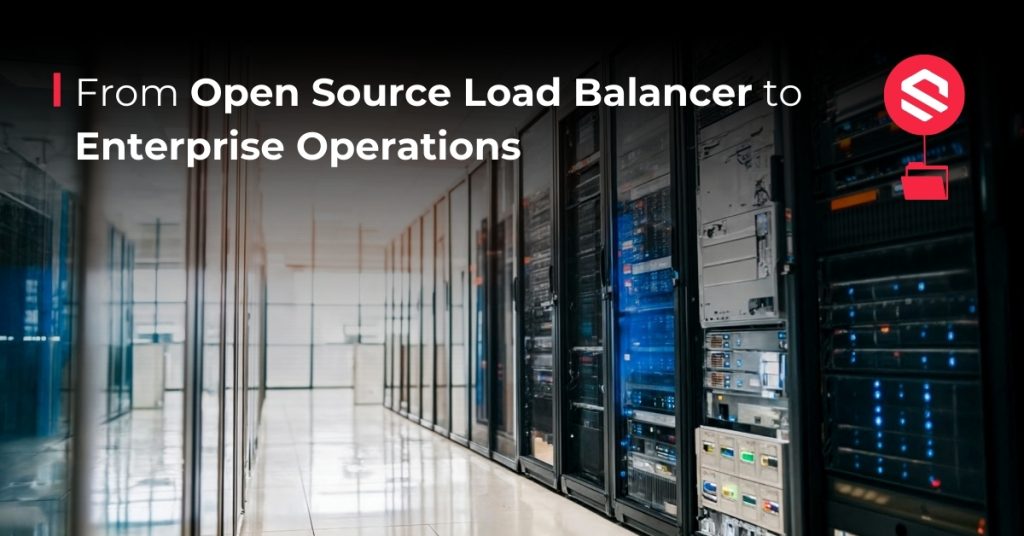
When Open Source Infrastructure Stops Being Easy to Operate
Open Source infrastructure is often a deliberate and well-reasoned choice. It offers transparency, control and a level of flexibility that fits well with how many engineering teams like to build and operate systems. Deploying an open source load balancer or reverse proxy is usually a conscious decision, backed by solid documentation, community knowledge and proven…
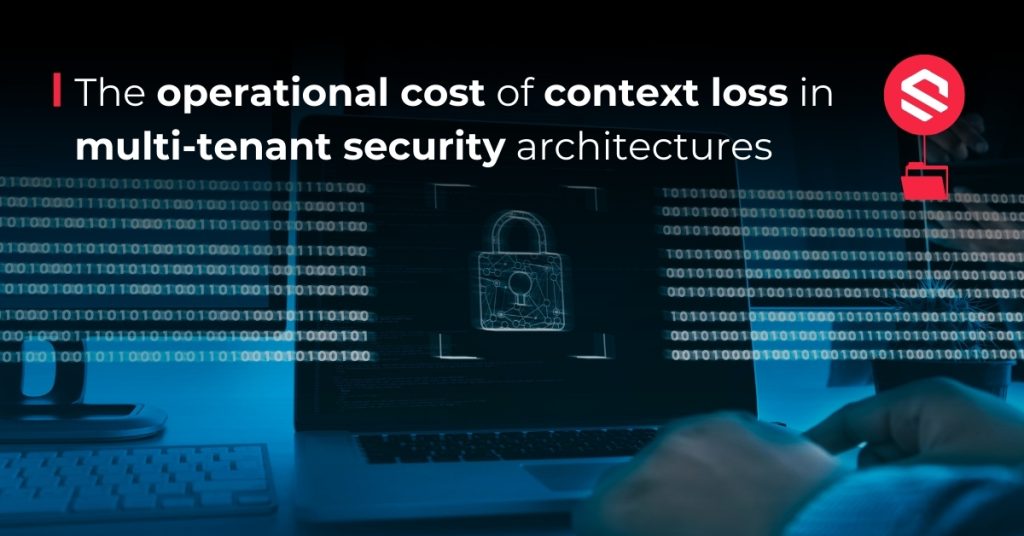
Why multi-tenant proxies make security decisions harder for applications
In recent weeks, several incidents surfaced where content providers blocked traffic coming from multi-tenant proxies to stop automated attacks or illegal rebroadcasting. The countermeasure reduced the offensive surface, but also denied access to legitimate users travelling through the same channel. It illustrates a common issue: upstream security — security applied at proxies, CDNs or scrubbing…
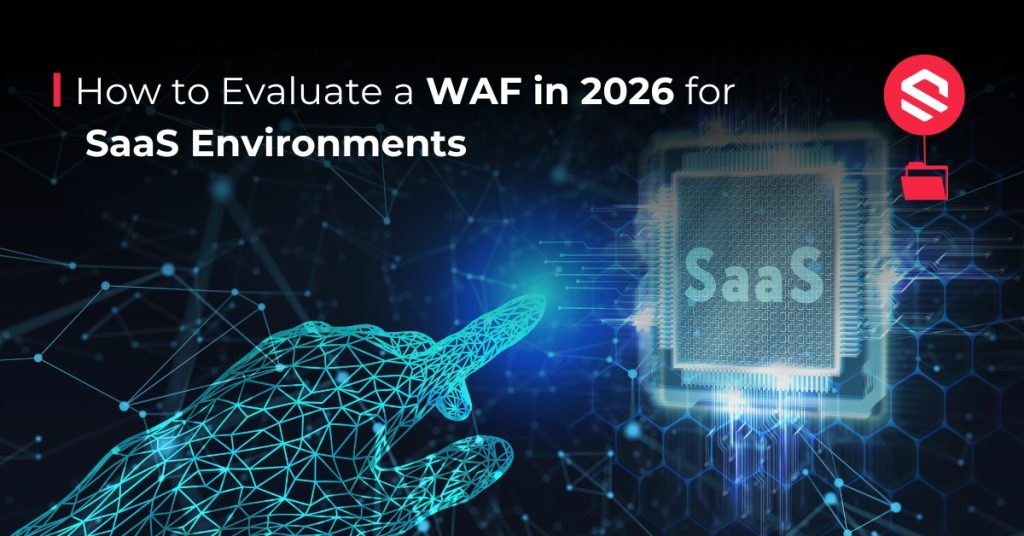
How to Evaluate a WAF in 2026 for SaaS Environments
Web applications and APIs are now the operational core of most digital services. They process transactions, expose business logic, manage identities, and connect distributed systems that evolve continuously. In parallel, the volume and sophistication of attacks has increased, driven by automation, accessible tooling, and cloud-specific attack vectors. Web Application Firewalls remain a critical part of…
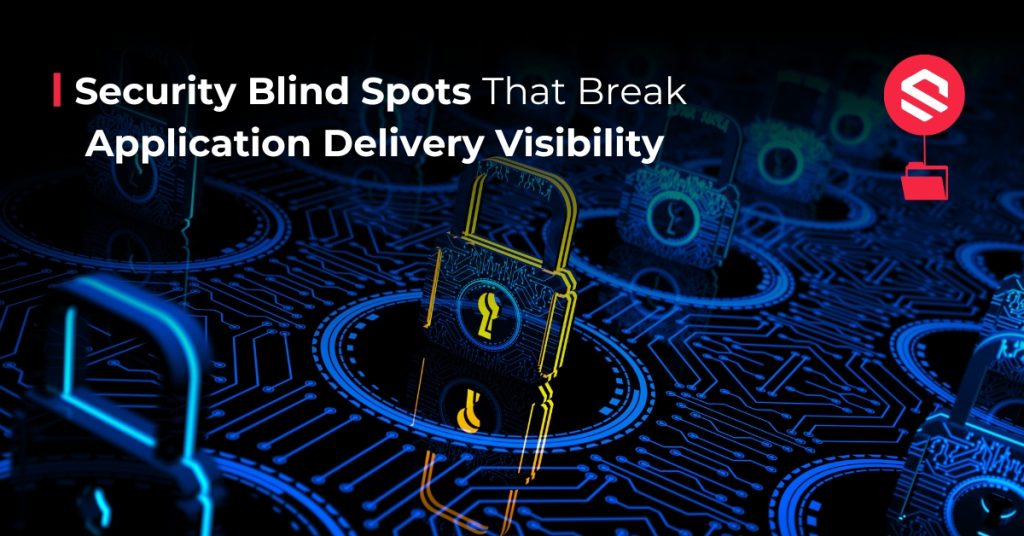
Why Application Delivery Visibility Breaks in Secure Architectures
Modern application delivery architectures are built with the right goals in mind. Load balancers distribute traffic, Web Application Firewalls enforce security policies, TLS protects data in transit, and monitoring systems promise observability across the stack. On paper, everything seems covered. In real production environments, however, many of these architectures operate with critical blind spots. Especially…
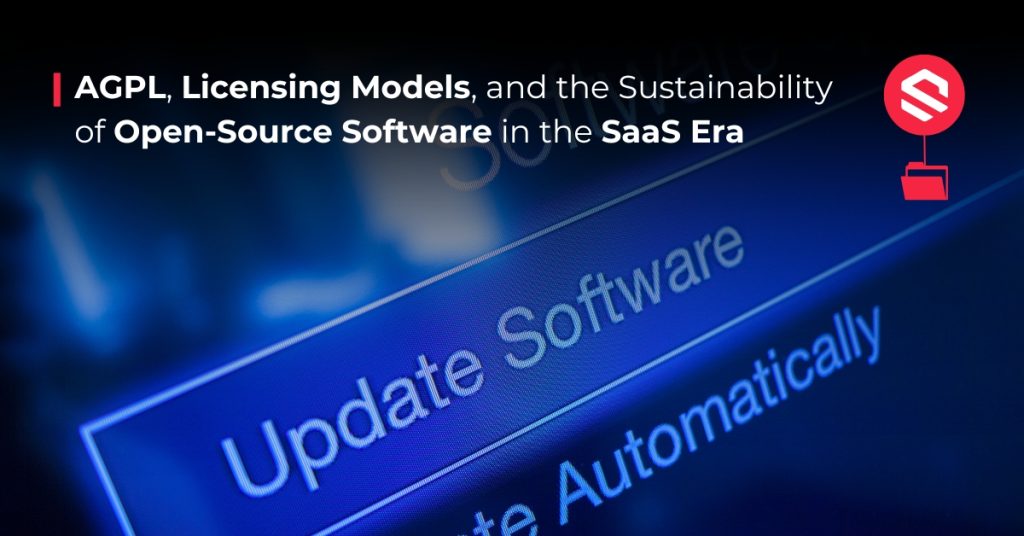
Open-Source Software Licensing in the SaaS Era
Open-source software has been one of the most transformative forces in the technology sector. Operating systems, databases, web servers, and encryption libraries that we now consider essential exist thanks to thousands of developers who chose to release their code so that anyone could study it, modify it, and improve it. This model has enabled companies…

Why the Number of WAF Rules Doesn’t Reflect Its Real Effectiveness
In the network security ecosystem, here is a common practice: WAF (Web Application Firewall) solutions that boast thousands of active rules. For an administrator evaluating products, that number may seem reassuring — more rules should theoretically mean more protection. But when you dig deeper, you quickly discover that many of those rules don’t apply to…
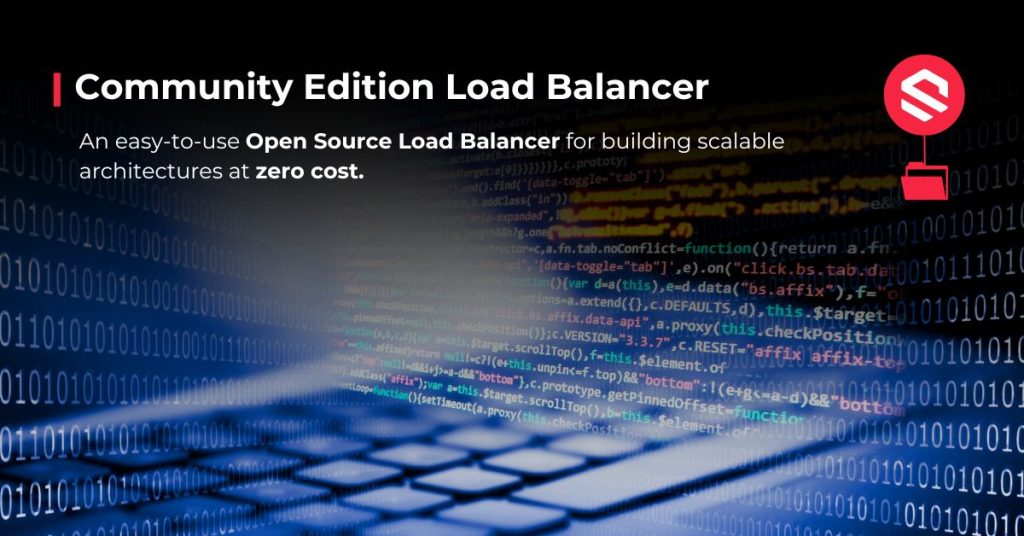
Community Edition: an easy-to-use Open Source Load Balancer
Community Edition is the open source load balancer from SKUDONET, designed for engineers and administrators who need traffic control without relying on costly or complex solutions. Built on Debian 12.8, it provides a stable and secure operating system with performance far above what is typical in free software: Up to 250,000 TCP requests per second…

The Importance of Reload in Web Service Continuity
Today, virtually every business depends on its online infrastructure. Companies manage multiple websites, internal applications, or e-commerce platforms that must remain available at all times. As these environments grow, maintenance and stability become as critical as security — and every change must be applied without affecting the user experience. Maintaining uptime during configuration changes requires…
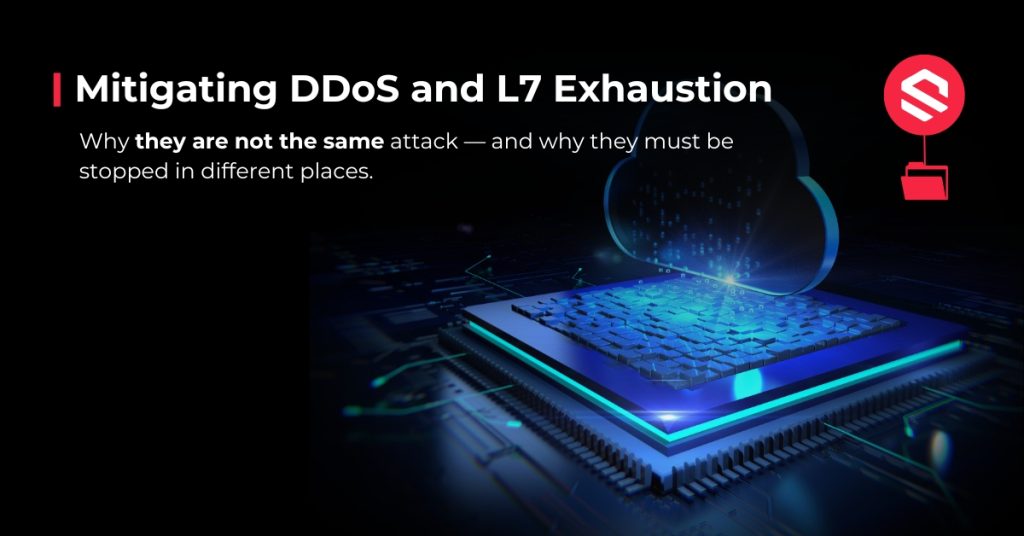
Mitigating DDoS and L7 Exhaustion: why one layer is not enough
In security discussions, the term DDoS is often used as if it referred to a single type of threat. In reality, today it covers two very different strategies that share the same goal but not the same execution: volumetric attacks at layers L3/L4 and application exhaustion attacks at layer 7. Both aim to take a…

